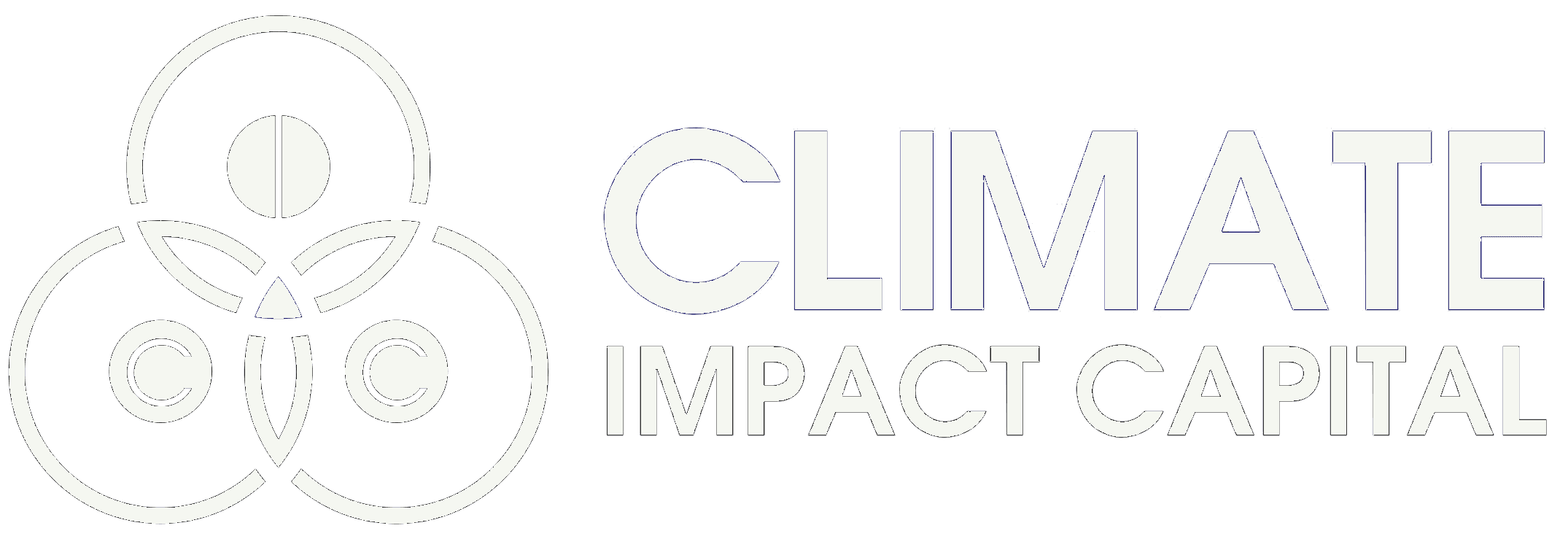Loans accounted for 54 percent of the U.S. solar financing market in 2019, according to WoodMac’s new report — a 31 percent jump from 2018.
All major solar loan providers experienced growth in 2019, and more installers are now offering loans to customers.
Loanpal retained the top spot in the field, and both Loanpal and Sunlight Financial gained market share last year by adding new installer partners and gaining more share of the business flowing from their existing installer partners.
The impact of COVID-19 on residential solar finance
2020 will not tell a similar growth story for solar finance, WoodMac notes in the report.
Of the different financing options, cash will be hardest hit due to the coronavirus pandemic, declining 42 percent this year versus 2019 levels. Third-party ownership and loan volumes will both drop this year, by 21 and 23 percent, respectively.
Default rates on U.S. solar loans are in the spotlight. Although consumers have mostly kept up with their payments so far, it remains unclear how long this will last as government support winds down. However, in WoodMac’s view, it’s unlikely that higher default rates would actually drive loan providers out of business in the short term.
A more pressing concern is that installers are vulnerable to the risks inherent in a prolonged economic downturn and are at risk of going out of business, potentially creating a gap in the market for financeable projects as financiers lose installer partners.
Wood Mackenzie has reduced its 2020 and 2021 U.S. residential solar forecast by 31 percent and 26 percent, respectively, due to the economic impacts caused by the virus.
ABS transactions
One bright spot: Recent solar asset-backed securitization (ABS) transactions point to a faster-than-expected recovery for investments in the industry and provide evidence that investor confidence remains high.
2019 was the biggest year for solar asset-backed securities, topping $1.9 billion. Following this banner year, there was just one transaction in 2020 before the coronavirus pandemic upended markets. After four months of no activity, the market woke up in June with four completed ABS transactions.
Loanpal was the first financier to be involved in a solar securitization after the onset of COVID-19, when Goldman Sachs pooled Loanpal originated loans and sponsored two transactions totaling $373 million. Loanpal also announced an additional transaction with GoodFinch in July 2020.
Solar asset-backed securitizations had reached nearly $1.5 billion in transaction value in 2020 as of July, according to WoodMac.
•••
Bryan White is a solar analyst at Wood Mackenzie and author of the recent U.S. Residential Solar Finance Update report.


